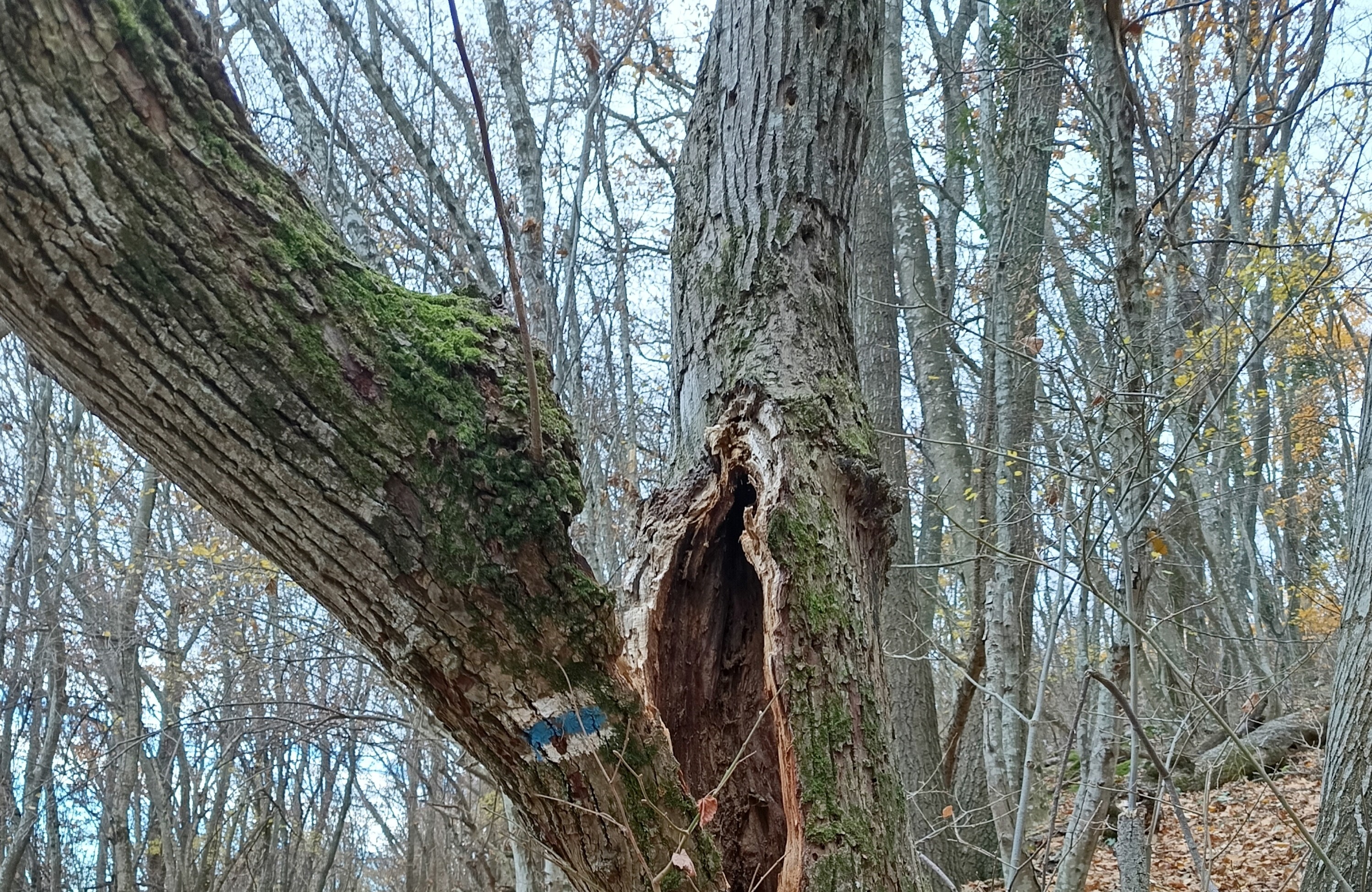BULGARIA IS THE FIRST IN THE EU IN IMPLEMENTING THE FOREST STRATEGY AHEAD OF SCHEDULE
Bulgaria is the first country in Europe to have fulfilled the requirements of the 2030 Forest Strategy and Biodiversity ahead of schedule. Our country has placed 35% of its national territory under protection and over 12% of its forests under strict protection. This information was presented by the Minister of Agriculture and Forestry Georgi Tahov at a meeting of the National Forest Council, which was held on March 18, 2025. Then it became clear that more serious funds are provided for forests in Bulgaria in the Strategic Plan for the Development of Rural Areas in our country.
In recent years, the Chamber has been actively signaling that there is no effective state strategy for forests in our country. "According to data, they occupy nearly 40% of the country's territory. However, it should be noted that this was not always the case. After the Liberation of Bulgaria, forests occupy less than 30% and are in poor condition. For comparison, at that time Vitosha was completely deforested. What we take for granted today, namely - our country is leading in the EU in terms of forests and biodiversity, preserved old forests and protected nature, is actually the work of Bulgarian foresters. It must become completely clear to society that if we want to have healthy forests, we should take care of them," explains the expert Eng. Petar Dishkov, who graduated from the LTU. And care is carried out through scientifically based forestry interventions - different types of felling. They are considered the main forestry tool with which forests are managed and through which processes in forest ecosystems are guided in order to achieve a balance between the ecological, economic and social functions of forests.
Unfortunately, however, over the past 5 years, the planned forestry activities have not been implemented, which is a prerequisite for problems with the health of the forests - some of them are already being observed. 2024 was a record year for the last 18 years in terms of forest fires, over 170,000 decares were destroyed. The failure to carry out planned forestry activities leads to the accumulation of a large amount of dry matter in the forest, and in combination with the poor condition of the road infrastructure or its complete absence, they become the ideal combination for huge fires, such as the one in Svilengrad last year.
"Another fact that both foresters and we from the Chamber are alarmed about is that our forests are permanently aging. To date, over 48% of the afforested forest area is coppice forests with an average age of over 53 years and 27% are coniferous forests with an average age of over 60 years. These are short-lived forests that should be regenerated naturally, if possible, in seed, with local species. Some of these forests are already actively drying out, especially in areas with an altitude below 500 meters. At this stage, the delay in their regeneration is not fatal, but urgent measures must be taken," explains Eng. Dishkov.
With the funds provided for afforestation and cultivation, as well as for roads, the Bulgarian foresters will be able to undertake large-scale actions to regenerate coppice forests and coniferous forests in order to leave the next generation with better quality forests. However, for this purpose, best practices must be applied and the most modern machinery for timber harvesting, sapling production, afforestation and cultivation must be used.
BBCWFI supports Bulgarian foresters in their mission of sustainable management of the Bulgarian forest. Together, the forestry, wood processing and furniture industries create over 60,000 jobs and provide over 3% of the country's GDP.






